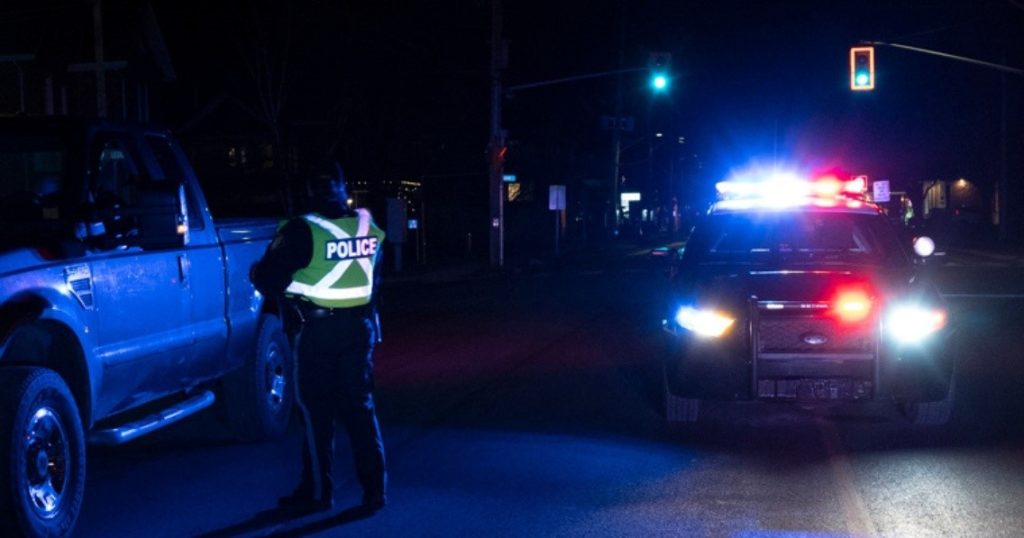Safe supply key to city’s overdose pandemic: Ottawa Inner City Health
Posted Jan 10, 2023 01:30:00 AM.
Current programs in place to combat overdose deaths in Ottawa don't stand up to the reality of the drugs currently on the streets, according to Ottawa Inner City Health.
“Most of the interventions that we have … are really built on on a different sort of drug than what we're being faced with right now,” Rob Boyd, chief executive officer of Ottawa Inner City Health, said on The Sam Laprade Show. “What we're dealing with now is a really volatile mix of different chemicals that make it really challenging for people.”
Interventions such as supervised consumption, Naloxone, and methadone treatments have been helpful, but a toxic supply of drugs in driving overdose death higher in Ottawa, according to Boyd.
That toxic supply is why many social workers, Boyd and Inner City Health included, are advocating for safer supply programs.
Safer supply refers to providing individuals at risk of overdosing with prescription based drugs in place of the toxic drugs they may get on the street.
“It's based on the general public health principle that if you have some tainted lettuce in the supermarket, you try to get rid of that and replace it with lettuce that's not tainted,” said Boyd. “It's really the idea that you replace the bad drug with a good drug.”
Boyd adds that a safer supply program doesn't end there. At the same time, the program is connecting the individual with other services to support them with their addiction or other social programs like affordable housing and mental health services.
According to Health Canada, benefits of safer supply include lower rates of overdose, improved connection to health care and other support services, reduction of hospital admissions and decreased criminal activity.
Critics of safer supply claim the programs perpetuate addiction and fail to move people towards a life without drugs.
“We need to do is to make sure that people understand how, how big this issue and how complex this issue is, and that there aren't actually a lot of really simple answers,” said Boyd. “We have to think about, you know, what, what recovery really is, which is it's a long process of change for people.
“Recoveries are very complex and not what most people think it is.”
Listen to the full interview with Rob Boyd on The Sam Laprade Show below.








